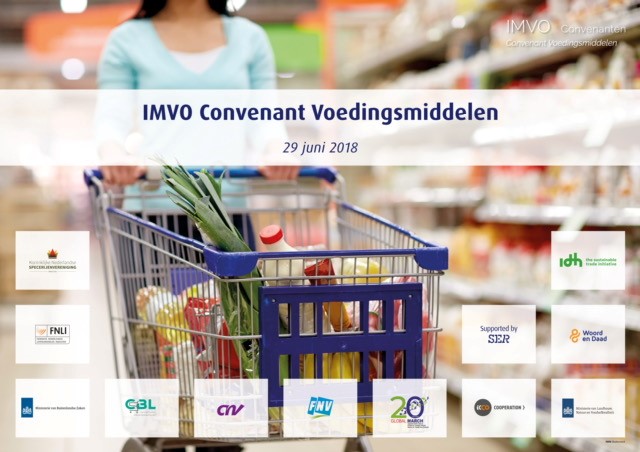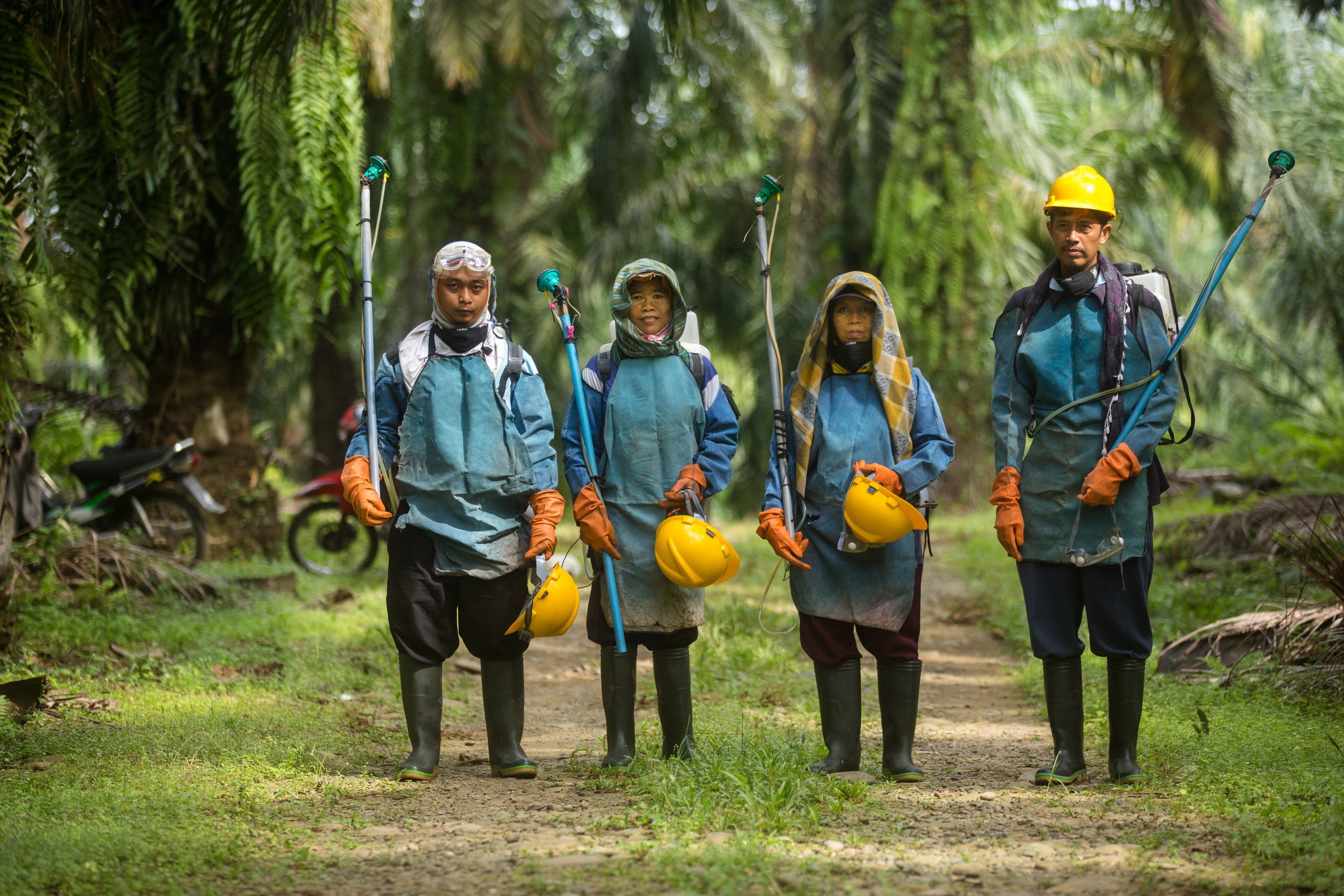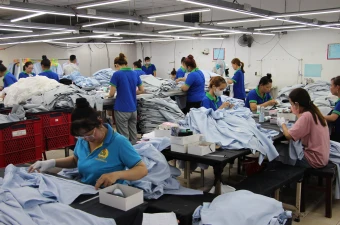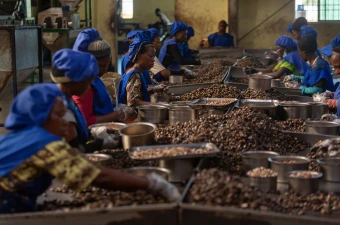The parties in the Dutch food products sector are joining forces to ensure responsible business conduct in the international production chain. 29 June 2018, they signed the International Responsible Business Conduct (IRBC) Agreement for the Food Products Sector. This agreement is intended to foster cooperation throughout the entire chain to minimise the risks of negative impacts such as human rights violations and damage to the environment, thereby working towards increased sustainability in the production chain.

The IRBC Agreement for the Food Products Sector has been signed by a broad coalition made up of sector organisations the Dutch Retail Organisation (CBL), Federation of the Dutch Grocery and Food Industry (FNLI) and the Royal Dutch Spice Association (KNVS), trade unions FNV and CNV, the Ministers of Foreign Trade and Development and Agriculture, Nature and Food Quality, the civil society organisations ICCO, Woord en Daad, Global March Against Child Labour, and IDH the Sustainable Trade Initiative. The negotiations for the Agreement were facilitated by the Social and Economic Council of the Netherlands (SER).
Agreement involving the entire sector
The Dutch food products sector as a whole has committed to taking the initiative to launch projects in this area. Efforts are also being made to enhance IRBC risk management to prevent problems in the production chain where possible, and tackle them where they do occur. All member companies of CBL, FNLI and KNVS are covered by the Agreement, which has been signed by the sector organisations on behalf of the whole sector. It is the responsibility of these sector organisations to ensure that all member companies identify and respond to these risks. The sector organisations and the companies involved will act in concert with the government, trade unions and civil society organisations to address the problems that the companies prove unable to resolve individually.
Joint projects on living wage and climate
This Agreement will help the sector make the changes in business operations that are needed for responsible business conduct in the production chain. The Agreement establishes that in the first year, the parties will launch joint projects on the issues of climate and living wages.
Sixth sector agreement on international RBC
The IRBC Agreement for the Food Products Sector is the sixth IRBC agreement, coming after the agreements in the textile, banking and gold sectors enacted under the supervision of the SER. Agreements on insurance, pensions, floriculture, natural stone and metallurgy are in preparation. The Agreements conform to the SER’s 2014 advisory report on International RBC.

Quotes parties
Minister Sigrid Kaag (Foreign Trade and Development Cooperation):
"It is a positive development that the branche itself is indicating through the convenant that it wants to work on its sustainability. These agreements need to result in the foodsector - from supermarketchains to SMEs – to be sharper on labour conditions, fair wages and climate conscious production."
Minister Carola Schouten (Agriculture, Nature and Food Quality):
"It’s good to get this down on paper. Even better would be if these agreements were unnecessary altogether, but it’s certainly good news that the interests of human beings, animals, nature and the environment have become a priority and that businesses in the food sector will be making improvements. I hope this also means that farmers in these countries will receive a fair price for their labour and their products. I’m working to achieve this in the Netherlands, but it’s just as important for farmers abroad."
SER President Mariëtte Hamer:
"The agreement approach is a tool to help parties in production chains work together to make their chains more transparent and more sustainable. This is the way to identify and address the risks in the food products sector. It’s great to see the parties within this sector wanting to get this done together."
Marinus Verweij, Chair of ICCO:
The food products sector is a very large sector, with an increased risk of child labour, unsafe working conditions, displacement of small farmers and unfair pricing. With this agreement we are taking concrete steps towards addressing these human rights violations.
Tuur Elzinga, Deputy Chair of FNV:
The agreement will give people who work for food companies a better idea of their employer’s supply chains. That will make it easier for them to take action when workers’ rights are infringed and to support the union activities of their co-workers abroad.
CBL director Marc Jansen:
Our food sometimes comes from far beyond our national borders. We want to ensure that workers there can also live and work in the right circumstances. That’s easier said than done and that’s why we’re very happy that we’re putting this agreement into practice with our partners at civil society organisations, unions and in government. For us, the agreement is a chance to tackle important but complex issues as a team, for example a living wage for employees who produce private label products in developing countries. In the next five years, supermarkets will be working on specific projects that will contribute to a more sustainable food supply chain, including in the social sense.
FNLI director Marian Geluk:
The IRBC Agreement represents a sector-wide approach to International Responsible Business Conduct. We’re raising the bar! Our sector is sending a strong signal to the world. The Dutch food industry is aware of the challenges that we face beyond our borders and we will tackle them consistently. This is a bold statement from the biggest manufacturing sector in the Netherlands.
Do you want to know more on the follow up of this food sector convenant and on the other convenants? Check the CNV convenants page.
Publication date 29 06 2018


